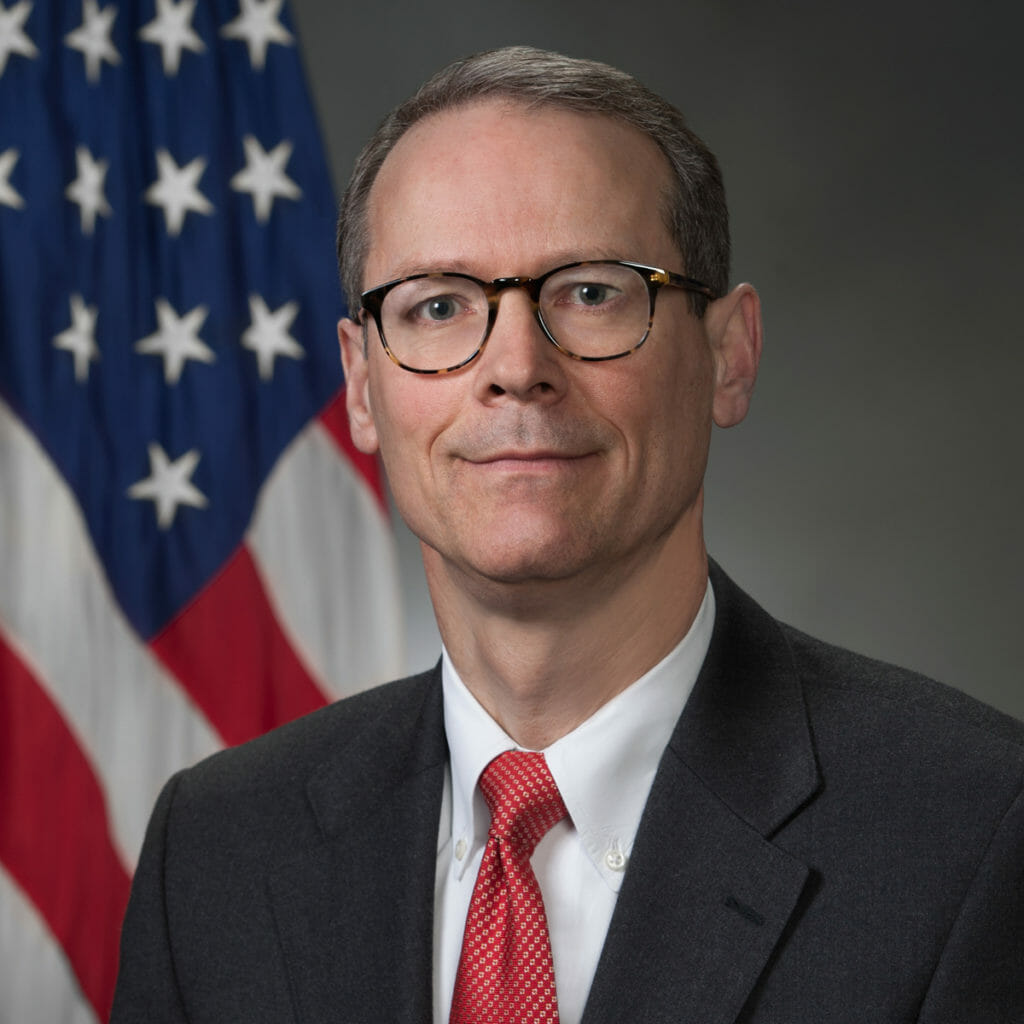
Stephen B. Slick
Director, Intelligence Studies Project
Stephen B. Slick is the inaugural Director of the Intelligence Studies Project. He retired in 2014 after 28 years as a member of CIA’s clandestine service.
Between 2005 and 2009, Steve served as a special assistant to the president and the Senior Director for Intelligence Programs and Reform on the staff of the National Security Council. He was previously the Director for Intelligence Programs at the NSC. While serving at the White House, Steve participated in efforts to restructure and reform the intelligence community informed by recommendations of the commissions charged with investigating the 9/11 attacks and the flawed pre-war analysis of Iraq’s unconventional weapons programs. These efforts included a series of executive orders on U.S. intelligence issued in August 2004, key provisions in the Intelligence Reform and Terrorism Prevention Act of 2004, the administration’s responses to recommendations by the “WMD Commission,” as well as significant amendments to Executive Order 12333 that were approved by President George W. Bush in 2008.
Steve completed five overseas tours as a CIA operations officer and manager, including service from 2009 to 2013 as the chief of station and director of national intelligence’s representative in a Middle Eastern capital. His assignments at CIA Headquarters included service as an executive assistant to the deputy director of central intelligence and leading CIA’s operations in the Balkans. Steve received CIA’s Medal of Merit, Commendation Medal and other awards.
Prior to joining CIA, Steve was a litigation associate at the law firm of Rawle and Henderson in Philadelphia. Steve received a B.A. from the Pennsylvania State University, J.D. from the UCLA School of Law, and Master in Public Policy from Princeton University’s Woodrow Wilson School of Public and International Affairs.
“Steve Slick for many years served the public with great distinction, both within the Intelligence Community and at the National Security Council. Now students and scholars will have the benefit of his sharp analysis, thoughtful perspective and extraordinary experience. It is a major step forward for the ISP and its effort to focus scholarly attention on the role of intelligence.” – University of Texas System Chancellor William McRaven
“Few people are better positioned than Steve Slick to bring a strategic and historical perspective to the work of the U.S. Intelligence Community. As our nation faces a world of increasingly difficult threats and challenges, Steve Slick will provide an important voice for guiding this work.”— Former National Security Advisor Steve Hadley
“It is a privilege to have someone with Steve’s background, knowledge and experience on our campus. With Steve’s leadership, the ISP will make The University of Texas at Austin a premier center for the study of the Intelligence Community.” – Former University of Texas at Austin President Bill Powers
“There has been far too little focus in the academic world on the Intelligence Community and the critical role it plays in our country’s national security. The hiring of Steve Slick to strengthen the work of the Clements and Strauss Centers positions UT- Austin to be the leading academic center on U.S. intelligence.” — Former NSA Director and former Deputy Director of Central Intelligence Admiral Bob Inman


